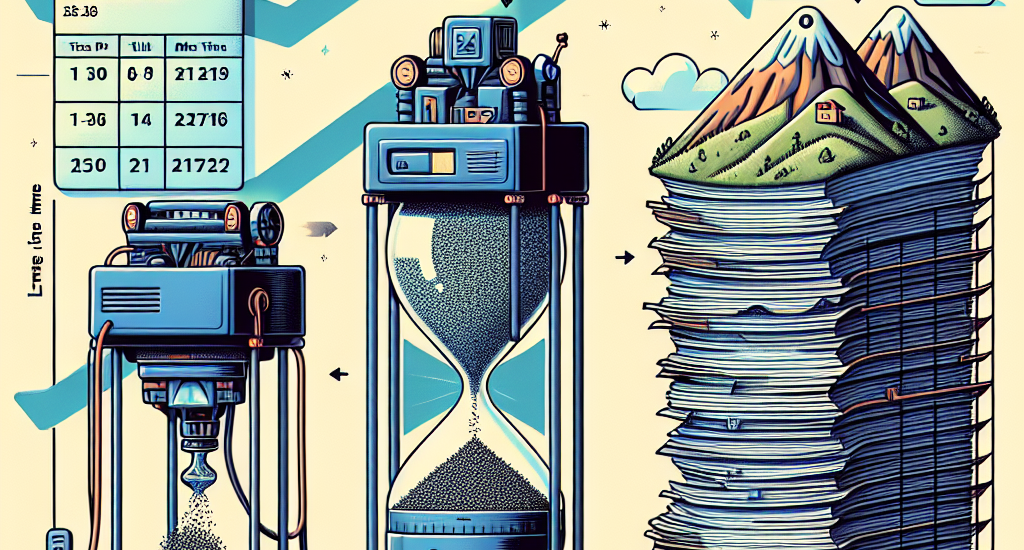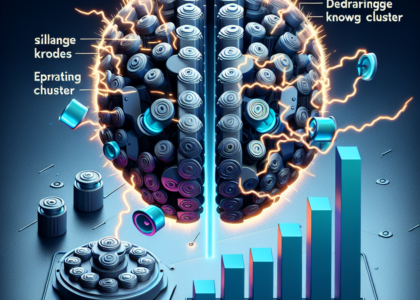Authors: Fazal Mittu, Yihuan Bu, Akshat Gupta, Ashok Devireddy, Alp Eren Ozdarendeli, Anant Singh, Gopala Anumanchipalli
Abstract: While the language modeling objective has been shown to be deeply connected
with compression, it is surprising that modern LLMs are not employed in
practical text compression systems. In this paper, we provide an in-depth
analysis of neural network and transformer-based compression techniques to
answer this question. We compare traditional text compression systems with
neural network and LLM-based text compression methods. Although LLM-based
systems significantly outperform conventional compression methods, they are
highly impractical. Specifically, LLMZip, a recent text compression system
using Llama3-8B requires 9.5 days to compress just 10 MB of text, although with
huge improvements in compression ratios. To overcome this, we present FineZip –
a novel LLM-based text compression system that combines ideas of online
memorization and dynamic context to reduce the compression time immensely.
FineZip can compress the above corpus in approximately 4 hours compared to 9.5
days, a 54 times improvement over LLMZip and comparable performance. FineZip
outperforms traditional algorithmic compression methods with a large margin,
improving compression ratios by approximately 50\%. With this work, we take the
first step towards making lossless text compression with LLMs a reality. While
FineZip presents a significant step in that direction, LLMs are still not a
viable solution for large-scale text compression. We hope our work paves the
way for future research and innovation to solve this problem.
Source: http://arxiv.org/abs/2409.17141v1





